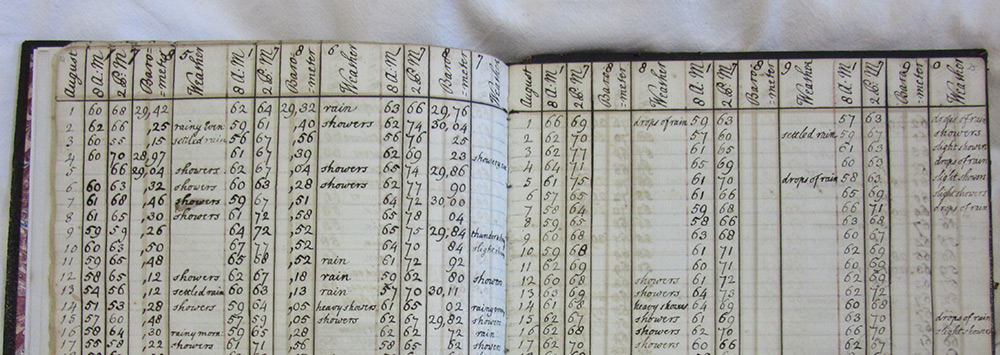Introduction
The ‘Building UK climate resilience through bridging the qualitative-quantitative data divide’ project funded through the UK Climate Resilience programme (UKRI) capitalises on expertise in developing, using and blending existing datasets and in historical climatology and hydrological research in the UK. To date, research in climate resilience has placed emphasis on enhancing and improving climate models and seasonal to decadal forecasting capabilities. Recent work by Allan et al. (2016) however, has advocated a ‘melding’ of historical climate approaches with climate-based physical/dynamical reconstructions of the weather (reanalyses), in order to construct a more coherent understanding of climate variability and its implications, and the physical, environmental, societal, geographical and historical context in which climate services can be framed. Our network adopts the principals of ACRE’s ‘melded’ approach and will develop a protocol for working across different types of historical qualitative and quantitative information.
This protocol will bring a novel dimension to climate service provision by incorporating historical quantitative data, supported by physical weather reconstructions and narrative accounts of the impacts and responses associated with past climate variability and extreme weather events.
Such historically informed and culturally and spatially contingent information could make an invaluable contribution to climate service provision, helping vulnerable communities prepare for future climate risks. It could also provide lessons for disaster planning based on the successes and failures of past responses and offer insight into the ways in which social vulnerability to disasters can become entrenched through historical processes.
Allan, R. et al. 2016 Toward integrated historical climate research: The example of Atmospheric Circulation Reconstructions over the Earth. Wiley Interdiscip. Rev. Clim. Chang. 7, 164–174
